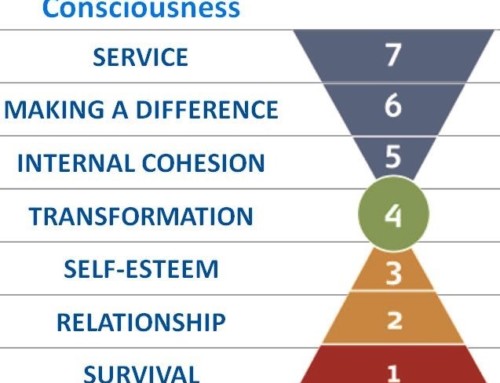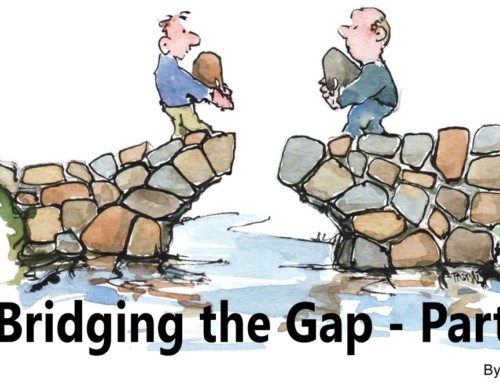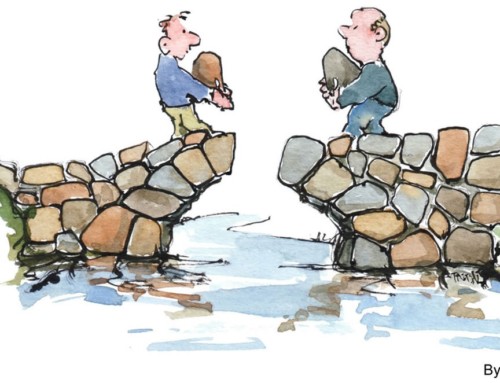|
The future is not a result of choices among alternate paths offered by the present, but a place that is created- created first in the mind and will, created next in activity. The future is not some place we are going to, but one we are creating. The paths are not to be found, but made, and the activity of making them changes both the maker and the destination. -John Schaar |
|
|
Appreciative Inquiry is a method and philosophy for creating positive change. The term “appreciative” relates to the concept that when something “appreciates” it increases in value. The term “inquiry” refers to the practice of asking positive questions in order to understand. Whatever we focus on and ask questions about expands. When organizations continually focus on deficits, deficit thinking abounds, images of deficits are branded in the minds of the employees and the potential for overwhelming the system with negative messages exists. Negative thinking narrows individual’s views, stifles creativity and reinforces silo mentality. Conversely, positive thinking broadens views, generates enthusiasm and builds positive personal resources. The science of Appreciative Inquiry is a philosophy and leadership style as well as a methodology for creating positive and inspiring change. The science is based on several principles:
|
Phases of Appreciative Inquiry adapted from The Power of Appreciative Inquiry ( Whitney and Trosten-Bloom, 2003 ) |
|
The practice of Appreciative Inquiry invites leaders to abandon problem solving in favor of discovery. The Appreciative Inquiry process encourages the engagement of all of an organization’s stakeholders. The process involves: Appreciative Inquiry is a collaborative process of engaging people to build the kind of organization that inspires all the stakeholders, leading to positive business results. |
|








Leave A Comment
You must be logged in to post a comment.